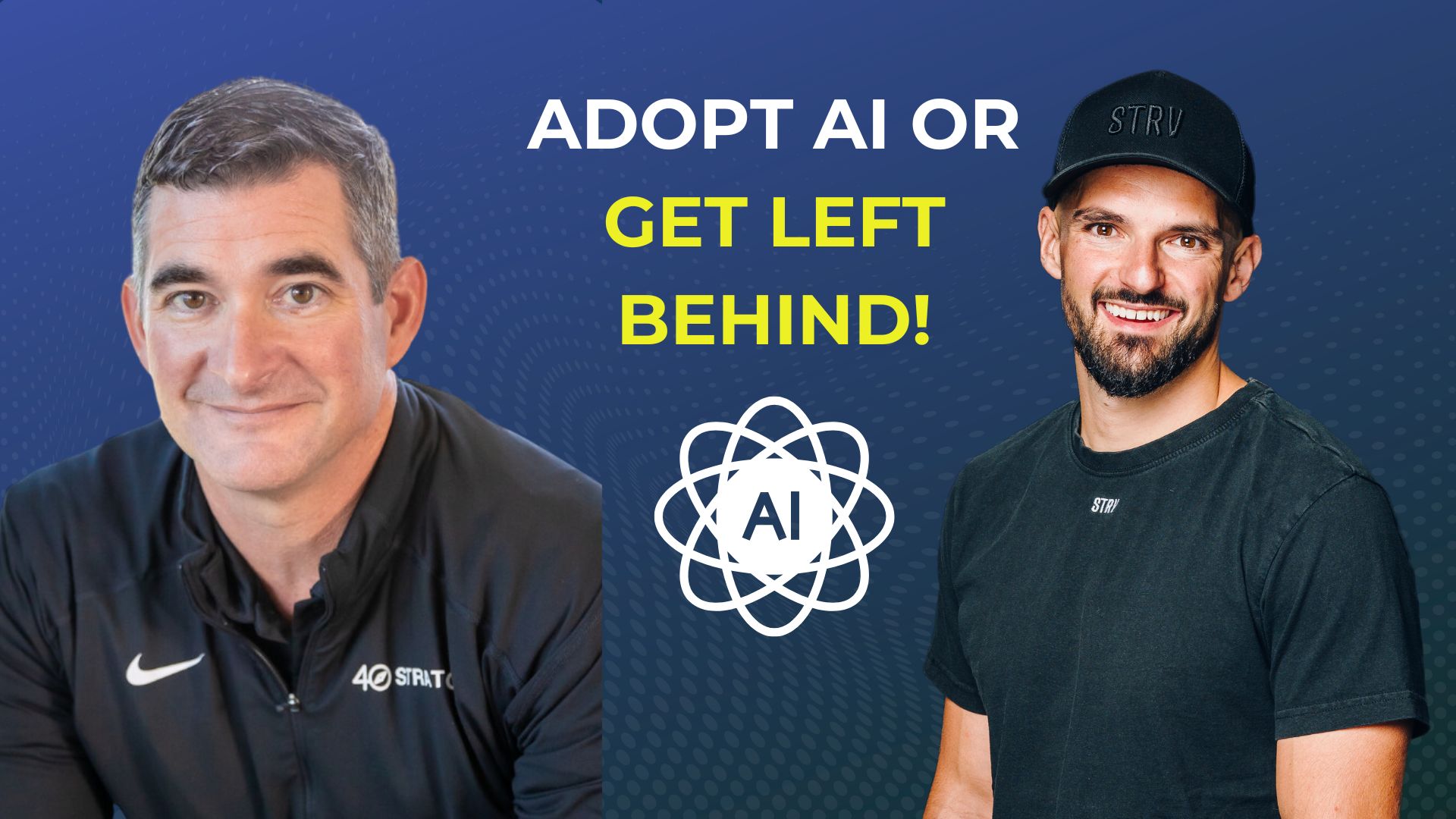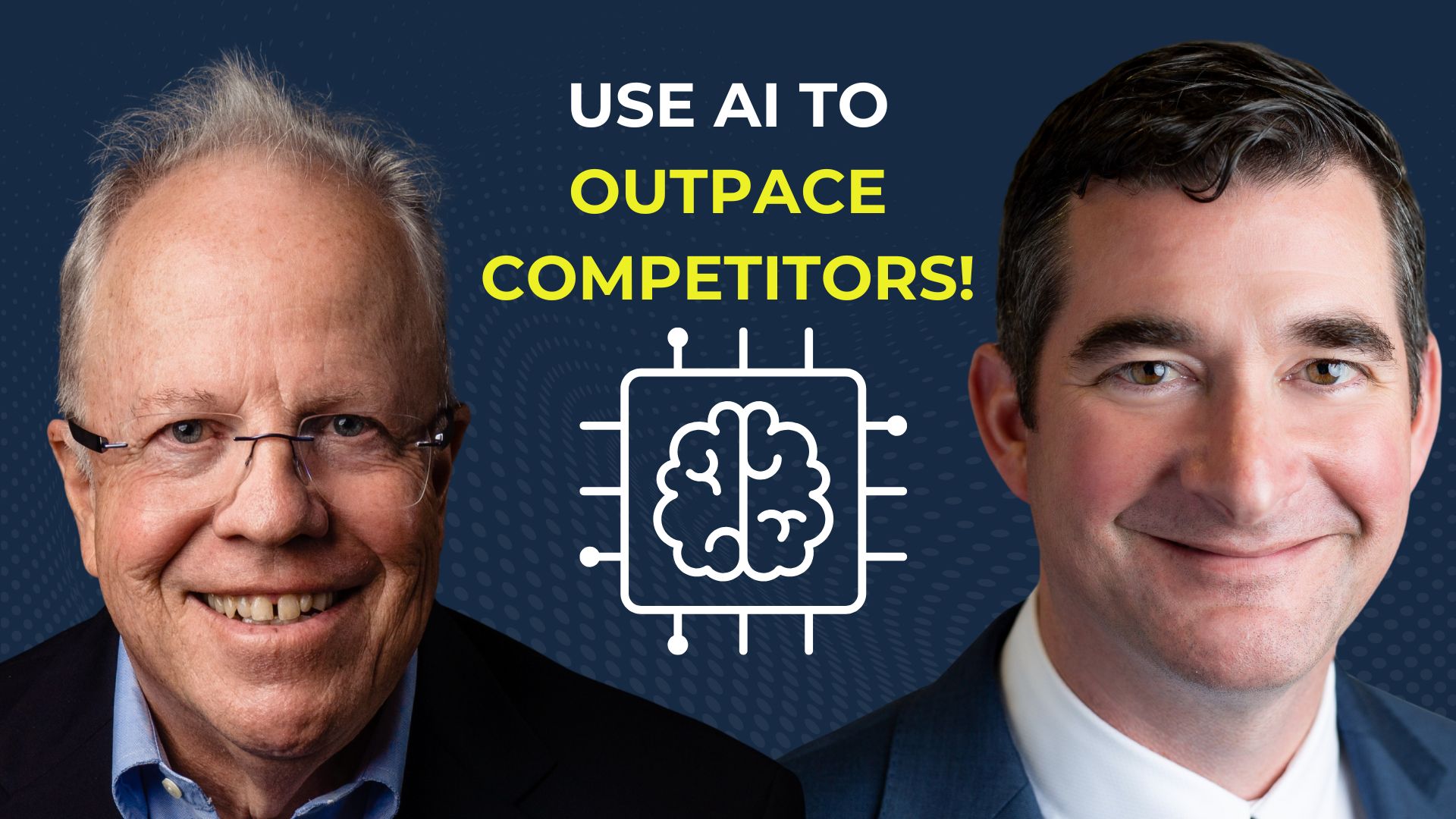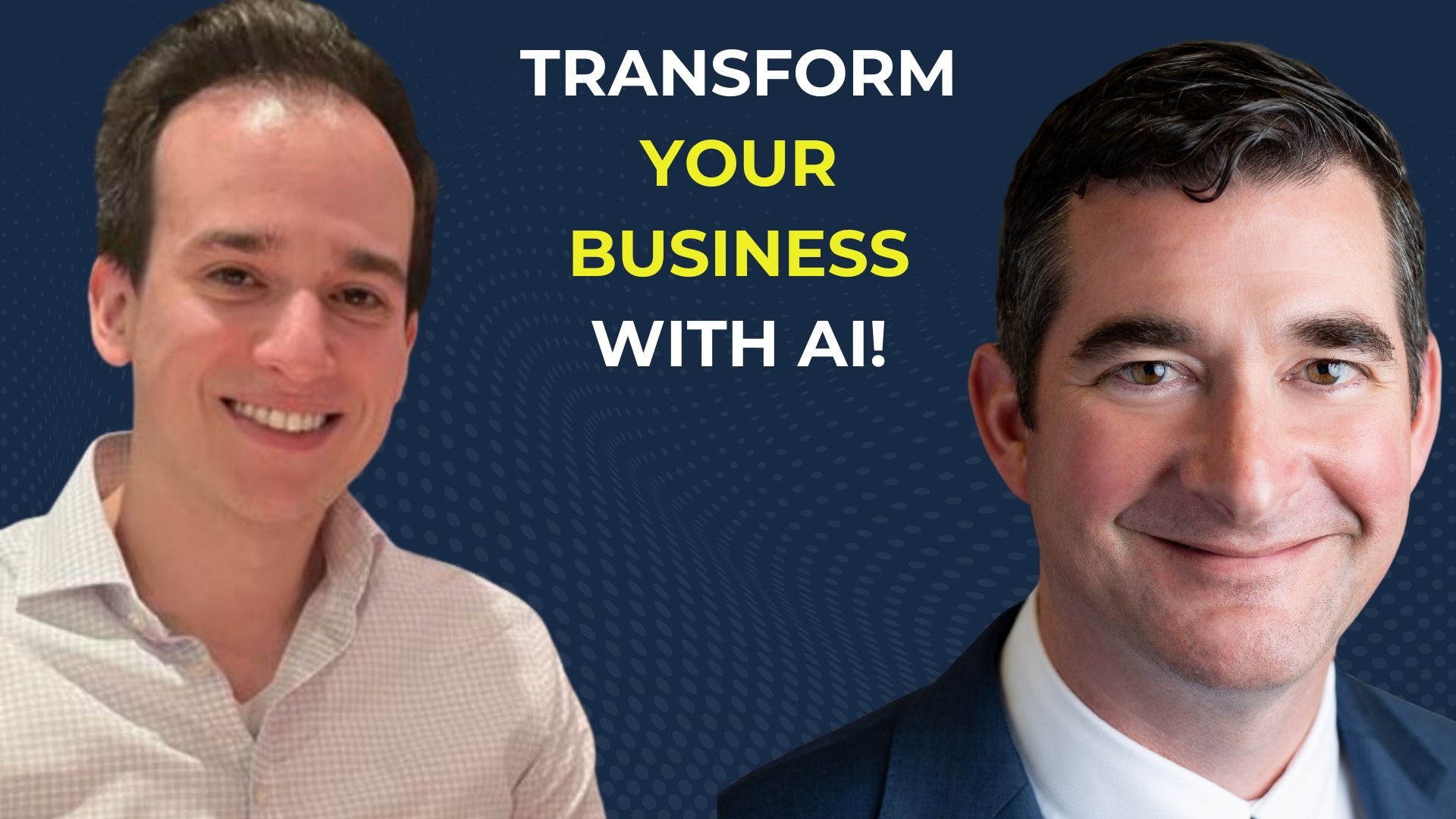How to Build a Scalable Marketing Process: Insights from Ed Locher
Creating a scalable marketing process is crucial for long-term success. In this episode of the 4M Strategies™ podcast, Carl J. Cox, CEO of 40 Strategy and 40 Accounting, talks with Ed Locher, author of Holistic Marketing, about the essential steps to develop a marketing engine that grows with your business. Ed outlines a practical framework for marketers and business leaders looking to improve their strategies, emphasizing the importance of awareness, credibility, trust, and consistent value creation.
Understanding Scalable Marketing
What does it mean to have a scalable marketing process? At its core, scalability is about creating systems that grow with your business while maintaining efficiency and effectiveness. It’s not just about implementing technology; it’s about aligning people, processes, and tools to create long-term customer relationships and business growth.
According to Ed Locher, technology is often the easiest part of scaling marketing. While tools can streamline operations, the real work lies in building trust, creating credibility, and fostering awareness among your audience. Technology supports these efforts but can’t replace the human element of marketing.
Why Technology Alone Won’t Scale Your Marketing
Many businesses start their scalability journey by investing in new technology. While this can be a helpful first step, Ed emphasizes that technology alone won’t deliver results. “Technology is the easiest part,” he explains. “It’s easy to buy and implement, but without the right people and processes, it’s not enough.”
Scalable marketing relies on a combination of:
- People: Teams who understand your audience and can craft messages that resonate.
- Processes: Systems that ensure consistency and efficiency in marketing efforts.
- Technology: Tools that support and enhance your team’s efforts, not replace them.
Awareness, Credibility, and Trust: The Foundation of Marketing
The first step in building a scalable marketing process is creating awareness, credibility, and trust. These three elements form the foundation of successful marketing:
- Awareness: Make sure your target audience knows who you are and what you offer. Focus on educating and informing them rather than pushing for immediate sales.
- Credibility: Establish your authority in your industry. Share valuable insights, customer success stories, and thought leadership to position your brand as trustworthy.
- Trust: Build relationships over time by consistently delivering value and meeting your audience’s expectations.
Ed highlights the importance of engaging the 95% of your audience who aren’t actively looking to buy. By focusing on long-term relationship-building, you create a pipeline of potential customers who trust your brand when they’re ready to purchase.
De-Risking Purchase Decisions
Once your audience is aware of and trusts your brand, the next step is to de-risk the purchase decision. Buyers often hesitate due to fear of making the wrong choice. Marketing plays a crucial role in reducing this uncertainty by:
- Highlighting customer success stories and testimonials.
- Providing clear, fact-based information to justify emotional decisions.
- Demonstrating the tangible value your product or service offers.
“Most people make decisions based on emotions and then justify them with facts,” Ed explains. By addressing both emotional and logical concerns, you can help prospects feel confident in their choice.
Demonstrating Recurring Value
After a customer makes a purchase, your work doesn’t end. Demonstrating recurring value is essential for retaining customers and encouraging renewals. Ed outlines three key ways to showcase value:
- Quantify Results: Share measurable outcomes, such as cost savings, revenue growth, or efficiency improvements.
- Celebrate Success: Highlight how the customer’s decision to work with you has positively impacted their business or career.
- Maintain Engagement: Continue delivering insights, updates, and support to keep your brand top-of-mind.
By consistently demonstrating value, you turn satisfied customers into loyal advocates who champion your brand within their networks.
A Three-Step Framework for Scalable Marketing
Ed’s framework for scalable marketing includes three key stages:
- Build Awareness, Credibility, and Trust: Focus on long-term relationship-building with your audience.
- De-Risk Purchase Decisions: Address both emotional and logical concerns to help prospects feel confident.
- Demonstrate Recurring Value: Showcase the ongoing benefits of working with your business to encourage loyalty.
This approach ensures that your marketing efforts drive both immediate results and sustainable growth.
Taking Action: Applying Ed Locher’s Insights
Building a scalable marketing process takes time, but the results are worth it. Start by assessing your current strategies and identifying areas for improvement. Are you building trust with your audience? Addressing their concerns? Consistently demonstrating value?
By focusing on these key areas, you can create a marketing engine that grows with your business and delivers lasting results.
Learn how to de-risk your marketing!
Listener Feedback:













